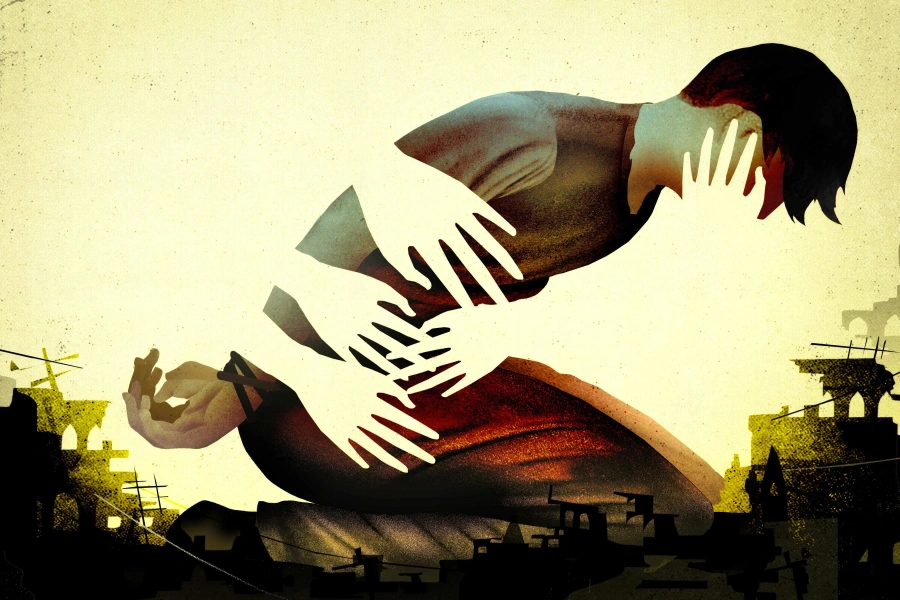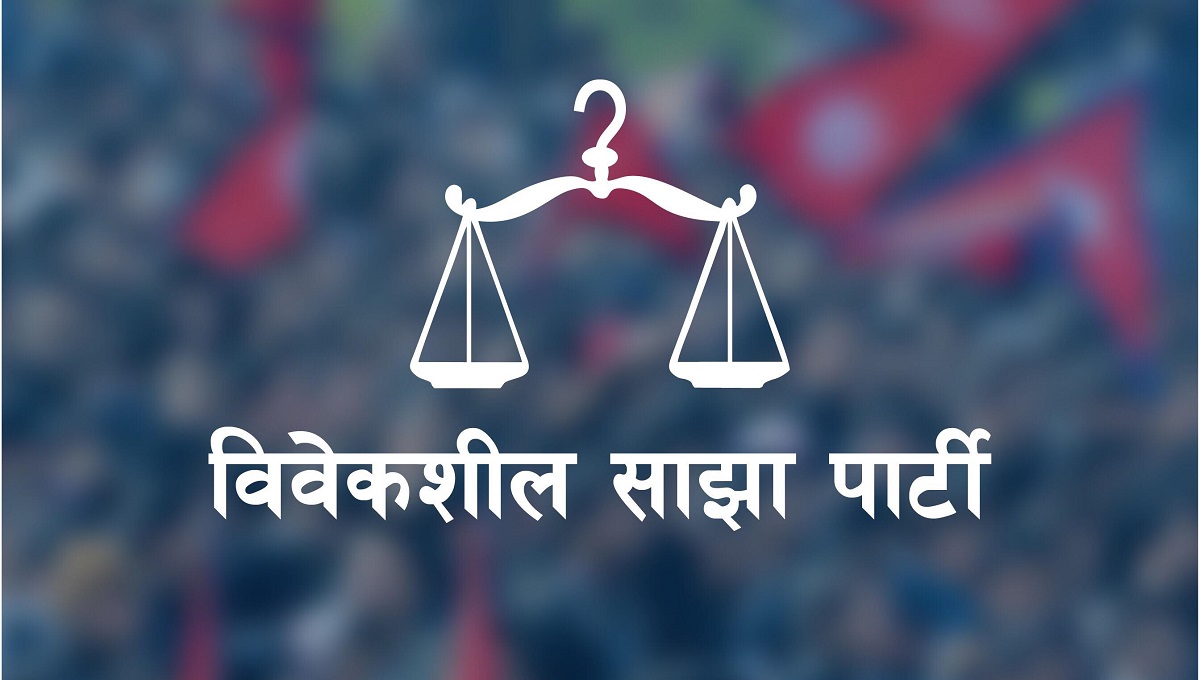KATHMANDU, Oct 7: A high-level dialogue on the pandemic accord was held recently in Kathmandu with the aim to tackle pressing healthcare challenges arising from the COVID-19 pandemic and prepare for future pandemics.
The event, titled "Concerns of LDCs on Pandemic Accord: Strengthening Health Sector to Combat Future Pandemics," brought together key stakeholders to discuss healthcare issues, propose solutions, and foster collaborations to improve healthcare quality and access, especially in the world's Least Developed Countries (LDCs).
The event addressed the global effort to draft a new convention, agreement, or international instrument, commonly referred to as an "accord," on pandemic preparedness and response. This initiative, driven by the World Health Organization (WHO) and its 194 Member States, aims to better prepare and protect communities, governments, and societies from future pandemics.
Preparations for Sagarmatha Sambaad in full swing

Governments cited the substantial loss of life, societal disruptions, and developmental setbacks caused by the COVID-19 pandemic as reasons for the need for lasting action.
At the core of the proposed accord is the commitment to ensure equitable access to pandemic prevention tools, including vaccines, life-saving drugs, personal protective equipment, information, and expertise. The COVID-19 pandemic has exposed vulnerabilities and disparities in healthcare systems worldwide, with LDCs facing particularly severe challenges.
Prof. Dr. Arjun Karki delivered the keynote speech at the event, emphasizing the global interdependence in healthcare and the importance of actively participating in drafting the accord to meet specific needs while preparing for future pandemics.
Hanna Singer-Hamdy, UN Resident Coordinator in Nepal, stressed the disproportionate impact of pandemics on marginalized groups, highlighting the necessity of concrete plans to address these disparities.
Also addressing the event, Dr. Sher Bahadur Pun emphasized the importance of learning from past pandemics and addressing coordination and communication gaps, particularly in the context of a federal system.
The event was attended by various dignitaries, including members of Nepal's National Assembly and House of Representatives, as well as experienced individuals from the health and social sectors, such as Dr. Sangeeta K. Mishra, Gauri Pradhan, Dr. Renu Adhikari, Prof. Dr. Kedar Baral, Vinod Kumar Bura, Shanta Lal Mulmi, and Prof. Dr. Shambhu Kumar Upadhyay, among others.







































